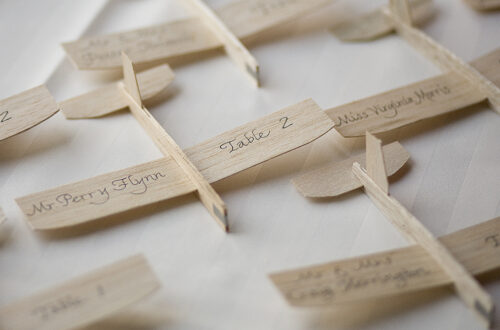Why do wedding photographers cost so much?
The factory floor smelled of hot steel and frustration.
For three days, the press—an immense machine the size of a train car—had sat silent, its hulking arms frozen mid-motion. Workers leaned against railings, chain-smoking in the corners while supervisors barked at each other, all of them equally powerless before the great hulk of iron and circuitry.
Every hour the press sat idle meant thousands of dollars lost in production. Every tick of the clock meant more men standing idle, more orders delayed, more penalties to pay.
No one dared touch it. Two different repair crews had tried—specialists with diagnostic laptops, manuals, and whole tool carts wheeled across the floor—but each had walked away defeated.
That morning, the plant manager, a man named Dwyer with thinning hair and sweat stains blooming under his arms, had picked up the phone with reluctant desperation and made a call he’d hoped he’d never have to make.
And so, that afternoon, a man arrived. He was unremarkable at first glance: wiry frame, a plain gray work jacket that had seen better days, a tool bag slung casually over his shoulder. No entourage, no van full of equipment, no shiny company logo. Just one man walking across the echoing concrete floor with steady, unhurried steps.
The workers muttered as he passed. “That’s him? That’s the guy?”
The manager hurried to meet him. “Mr. Carver?”
“That’s right,” the man said, shaking his hand briefly. His palm was rough, calloused. “You called about your press.”
“Yes,” Dwyer said, his voice already tinged with doubt. “It’s been down for three days. We’ve had two teams in here, and nobody’s been able to find the fault. It just… froze. The diagnostics won’t even run. It’s dead weight.”
Carver nodded once, his face unreadable. “Show me.”
The press towered above him, steel arms hanging uselessly in the air, hydraulic lines slack. Warning lights blinked feebly on the console, like a heart refusing to beat. Carver set his tool bag down. He didn’t ask for the manuals. He didn’t ask what the others had tried. He simply stood there for a moment, gazing up at the silent monster as though listening to it breathe.
Then he climbed the narrow ladder to the operator’s platform. His fingers brushed the control panel, tracing the metal edges. He tilted his head slightly, listening to the hum—faint, irregular, almost like a stutter.
Down below, the crew exchanged glances.
“Is he just… staring at it?” one whispered.
“Looks like it,” another said.
Finally, Carver reached into his jacket pocket and pulled out a screwdriver. Not a big industrial tool. Not a high-tech gadget. Just a small, well-worn flathead, the kind a man might use to tighten a loose hinge at home.
He knelt beside the console, unscrewed a small plate, and peered into the wiring beneath. For a few long minutes, the only sound was the faint click of the screwdriver and the occasional shift of his boots on the metal grating.
Then—
Click.
He tightened something, closed the panel, and pressed a single button on the console.
The press shuddered. A low whine built in its frame, and then the massive arms lurched, then moved smoothly, powerfully, with the rhythm of a giant awakening from slumber.
The factory floor erupted in cheers. The machine was alive again.
Carver climbed down, slipped the screwdriver back into his pocket, and picked up his bag. “That’ll do it,” he said simply.
An hour later, the workers were back on the job, the press slamming steel with thunderous precision, the entire plant roaring to life. Relief spread like wildfire. Men slapped each other’s backs. Dwyer finally allowed himself to breathe.
Then the invoice arrived.
It was handwritten, simple:
Service Call — $7,200
Dwyer’s face flushed crimson. He stormed across the office toward Carver, who was calmly packing up.
“Seventy-two hundred dollars?” he barked. “For what? You were here less than half an hour!”
Carver looked at him evenly. “That’s correct.”
“You barely touched the damn thing!” Dwyer’s voice rose. “All you did was turn a screw!”
Around them, workers glanced nervously, pretending not to listen but unable to look away.
Carver sighed softly, then took the invoice back and uncapped his pen. “Would you like me to break it down for you?”
“Please do,” Dwyer snapped.
Carver wrote:
- Turning a screw: $1
- Knowing which screw to turn: $7,199
He handed the paper back.
“You didn’t hire me for time. You hired me for knowledge.”




